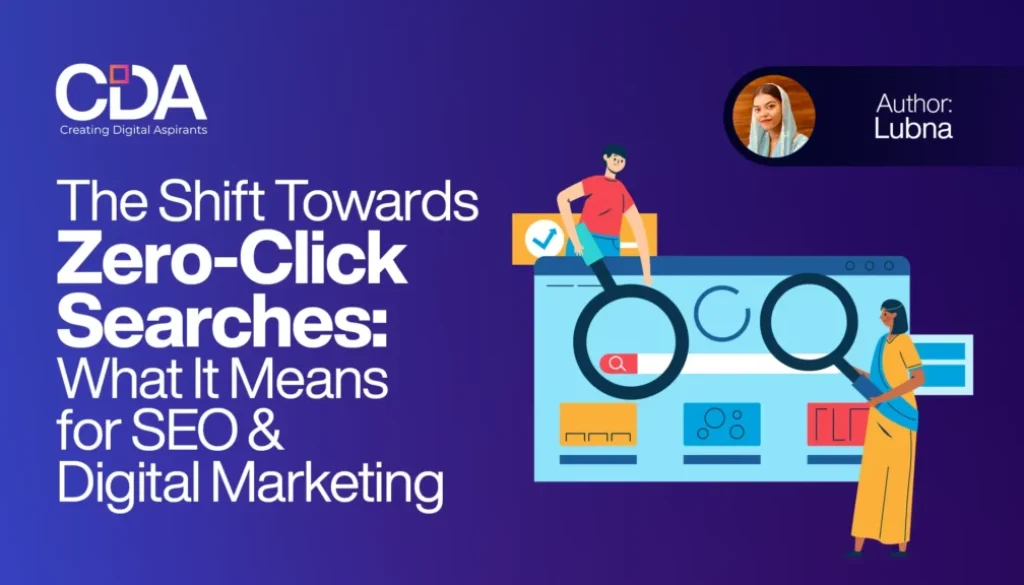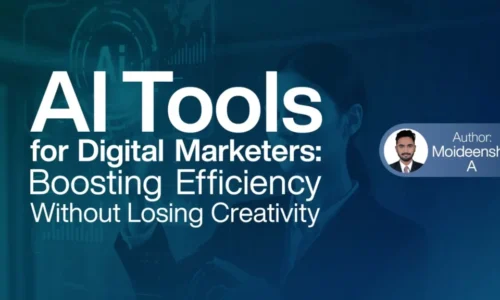The Shift Towards Zero-Click Searches: What It Means for SEO and Digital Marketing
The way people search for information online is changing rapidly, and with it, so is the landscape of digital marketing. One of the most significant trends reshaping search engine optimization (SEO) is the rise of zero-click searches. For marketers and businesses, understanding this shift is crucial to staying competitive in a world where fewer and fewer users are clicking through to websites after searching. But what exactly are zero-click searches, and how do they impact your digital marketing strategy?
Table of Contents

What Are Zero-Click Searches?
Zero-click searches occur when a user’s query is answered directly on the search engine results page (SERP) without the need to click on any further links. This is often due to the increasing prevalence of featured snippets, knowledge panels, and other search features like Google’s “People Also Ask” boxes. These elements provide users with instant answers, often pulled from websites, but displayed in a way that makes clicking through unnecessary.
The Rise of Zero-Click Searches:
Over the past few years, zero-click searches have become more common. According to recent studies, over half of all Google searches now result in no clicks. This trend is largely driven by Google’s efforts to enhance user experience by delivering faster, more convenient answers. While this is great for users, it presents new challenges for businesses that rely on search traffic to drive website visits and conversions.
How Zero-Click Searches Impact SEO
- Decline in Organic Traffic:
With more searches ending on the SERP itself, businesses may see a decline in organic traffic. This can be particularly concerning for websites that depend heavily on SEO for lead generation and sales.
- Increased Importance of Featured Snippets:
- Shift in Keyword Strategy:
Traditional keyword strategies that focus on driving clicks may need to be rethought. Instead of targeting high-traffic keywords that result in zero-click searches, consider focusing on long-tail keywords or queries where users are more likely to need in-depth information, driving them to your site.
- Content Optimization for Direct Answers:
To adapt, businesses need to create content that is not only valuable but also structured to answer specific questions directly. This includes using clear headings, bullet points, and concise summaries that are likely to be pulled into a snippet.
- Rethinking Success Metrics:

Adapting Your Digital Marketing Strategy:
- Enhancing On-SERP SEO:
Optimize your content for featured snippets, knowledge panels, and other SERP features. This includes using structured data markup, answering common questions directly on your site, and ensuring your content is authoritative and trustworthy.
- Investing in Other Traffic Sources:
Diversify your digital marketing efforts by investing in other channels such as social media, email marketing, and paid search. This can help mitigate the impact of declining organic search traffic.
- Focusing on User Experience:
Even if users don’t click through, they may still engage with your brand. Make sure your website and content offer an excellent user experience, encouraging visitors to return when they need more in-depth information.
- Building Brand Authority:
As direct traffic becomes more challenging to capture, building brand authority and recognition becomes increasingly important. High-quality content, strong branding, and consistent messaging across all channels can help maintain your visibility and influence.
The shift towards zero-click searches is transforming the way digital marketers approach SEO. While this trend presents challenges, it also offers opportunities for those willing to adapt. By focusing on optimizing for on-SERP features, diversifying your traffic sources, and enhancing the overall user experience, you can continue to thrive in this evolving digital landscape. As search behaviour continues to change, staying flexible and proactive in your strategies will be key to maintaining success in the world of digital marketing.
Author Info
Lubna Sherin, a Digital Marketing Strategist in Malappuram.
Learner of CDA Digital Marketing Course In Kerala




